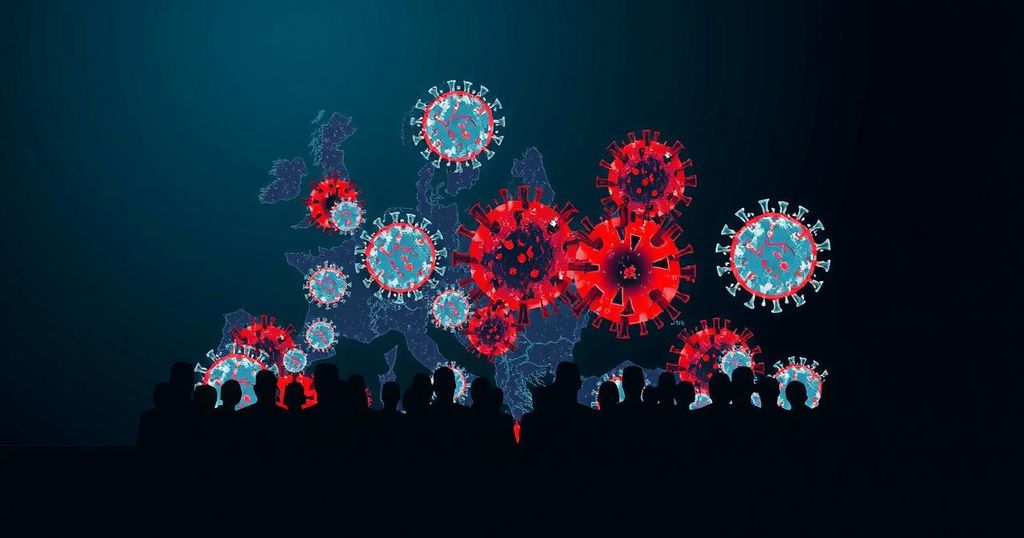Have you caught wind of the latest buzz about the “slapped cheek” virus making its way around? It seems that an unusual respiratory virus has been causing quite a commotion throughout Europe and the US this summer. The Centers for Disease Control and Prevention has even sounded the alarm about the risk it poses to certain vulnerable populations, especially pregnant women.
This virus, known as parvovirus B19 or B19V, typically targets school-age children and results in a mild illness characterized by flu-like symptoms and a distinctive “slapped cheek” rash. Most individuals have already been infected by the time they reach adulthood and have developed antibodies to help combat reinfection. However, for those with weakened immune systems, expectant mothers, and individuals with specific medical conditions, the virus can lead to severe complications, including anemia, myocarditis, hepatitis, or encephalitis. It can also pose a threat to pregnant women by infecting the fetus and causing dangerous complications and miscarriage.
Despite typically flying under the radar, there has been a recent uptick in cases, prompting concern among health experts. Both Israel and Denmark have reported unprecedented outbreaks, with soaring infection rates and an increased risk for pregnant women. Even the US has seen a rise in cases, particularly among children, as commercial laboratories report a significant increase in test positivity and the proportion of people with recent infections.
The CDC is urging healthcare providers to remain vigilant for the possibility of B19V infections, especially among pregnant women and those at high risk. Precautions such as wearing masks and maintaining good hand hygiene are advised, particularly in environments involving close contact with children, such as schools and daycares.
As for the cause of the surge, it remains a bit of a puzzle. Researchers note that B19V tends to experience small surges every few years, and the global pandemic may have disrupted the typical patterns of infectious diseases, leading to unusual spikes in transmission.
So, while the “slapped cheek” virus may not be grabbing headlines like some other respiratory illnesses, it’s certainly creating a buzz in the medical world. And for everyone else, it serves as a reminder to remain vigilant and take necessary precautions to guard against this unexpected surge. Keep an eye out for any unusual symptoms and do your part to help prevent the spread.

Leave a Reply